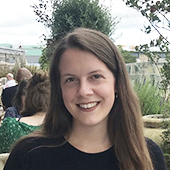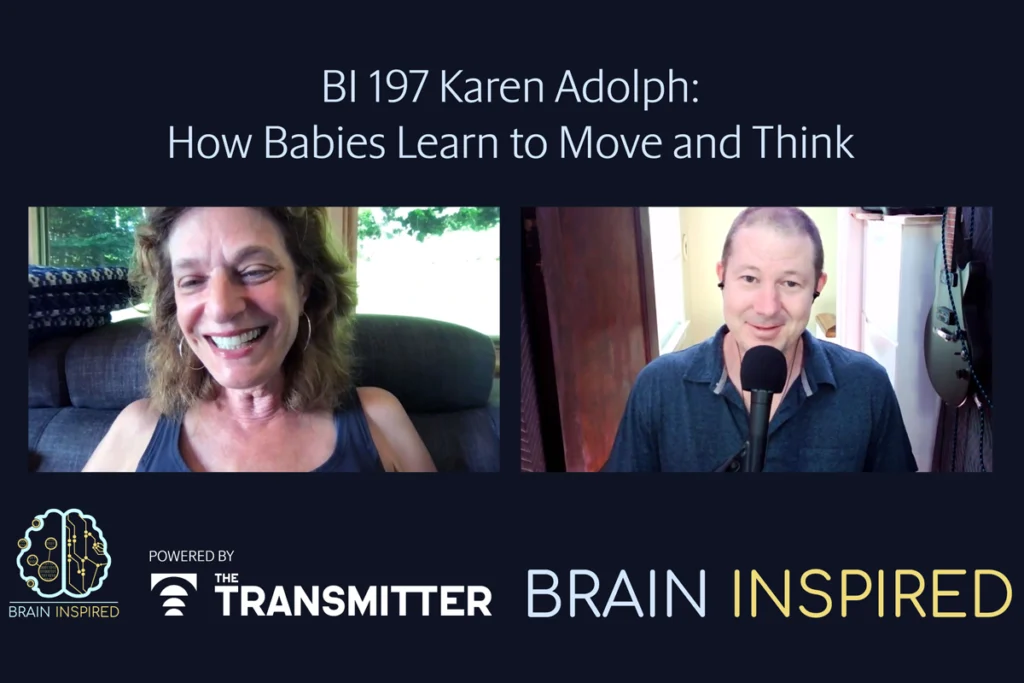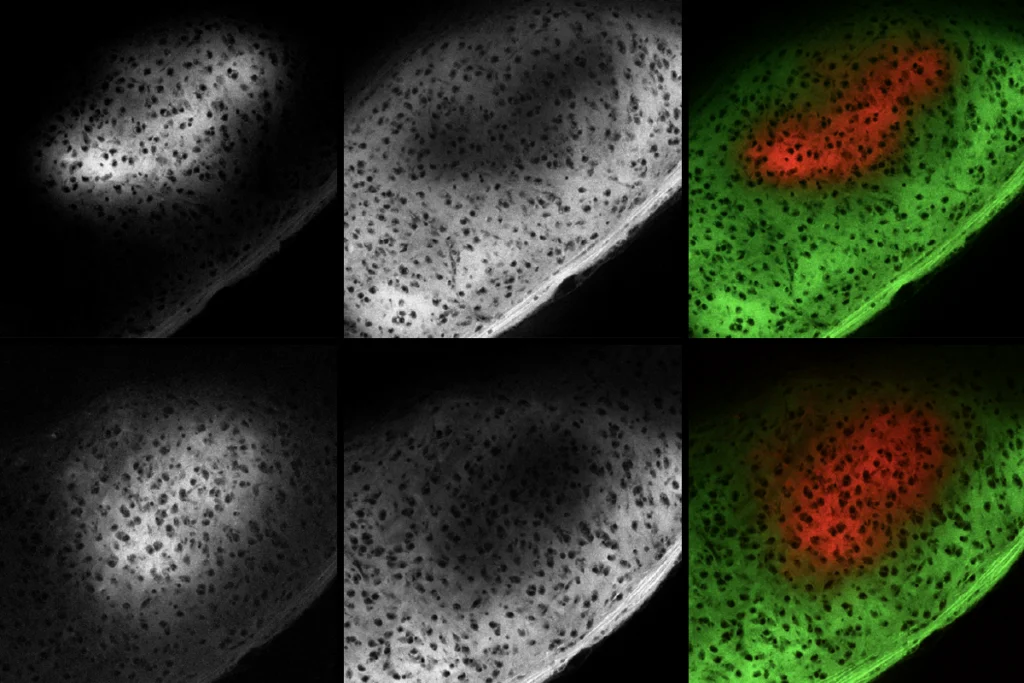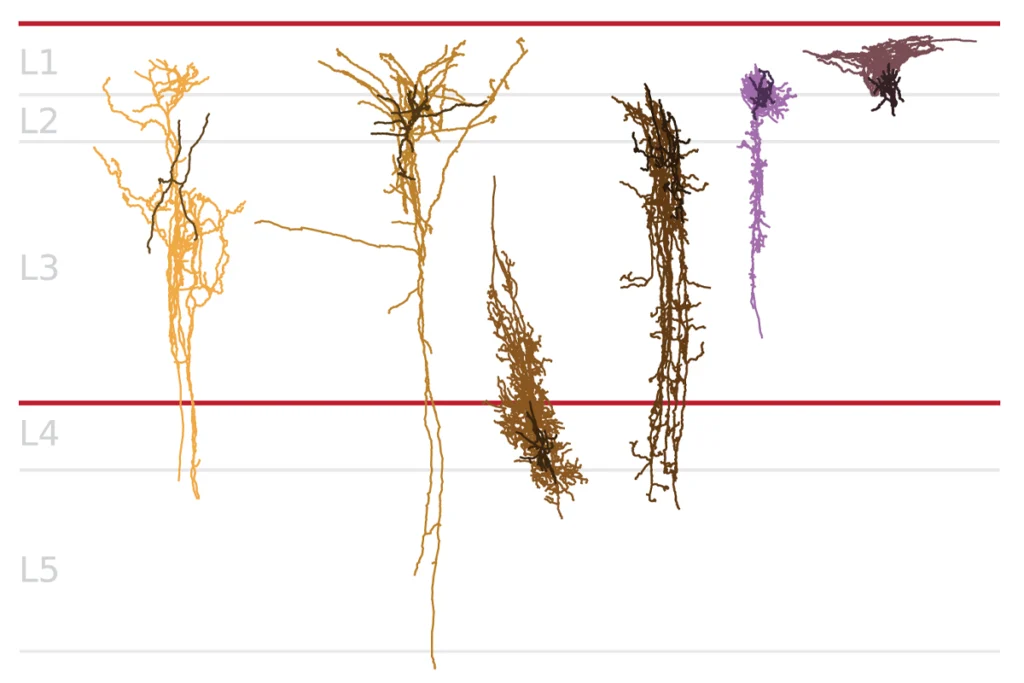Lydia Hickman is a graduate student in the Cook Lab at the University of Birmingham in the United Kingdom. In her Ph.D. work, she explores the fundamental biological mechanisms underlying motor function and social cognition in the context of autism and Parkinson’s disease. Lydia co-founded the U21 Autism Research Network, an international collaboration among six research groups aiming to improve diversity and inclusion in autism research.

Lydia Hickman
Graduate student
University of Birmingham in the United Kingdom
From this contributor
Ways to make autism research more diverse and inclusive
Scientists must focus on the importance of representative study samples and of engaging with diverse autism community members.

Ways to make autism research more diverse and inclusive
Explore more from The Transmitter
Karen Adolph explains how we develop our ability to move through the world
How do babies' bodies and their environment teach them to move—and how can robots benefit from these insights?

Karen Adolph explains how we develop our ability to move through the world
How do babies' bodies and their environment teach them to move—and how can robots benefit from these insights?
Microglia’s pruning function called into question
Scientists are divided over the extent to which the cells sculpt circuits during development.

Microglia’s pruning function called into question
Scientists are divided over the extent to which the cells sculpt circuits during development.
Early trajectory of Alzheimer’s tracked in single-cell brain atlases
Inflammation in glia and the loss of certain inhibitory cells may kick off a disease cascade decades before diagnosis.

Early trajectory of Alzheimer’s tracked in single-cell brain atlases
Inflammation in glia and the loss of certain inhibitory cells may kick off a disease cascade decades before diagnosis.